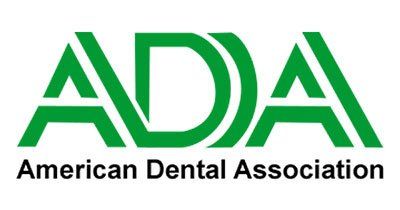Get in touch
276-762-2323
cdg@amazingsmile.info
Facts and Tips for People with Dry Mouth
The role of saliva is to keep tissues moist, make chewing and swallowing easier, help with digestion, and clean the oral cavity. Your saliva also neutralizes acids and helps prevent damage to your tooth enamel. Dry mouth, a common problem, happens when the salivary glands don’t produce enough saliva.
Dry mouth, which is officially called Xerostomia ( pronounced zero-STOW-me-uh), can have symptoms ranging from mild to severe. Not having enough saliva can cause problems for tasting, chewing, swallowing, or talking. Dry Mouth can cause a sore throat, a dry tongue, bad breath, or mouth sores and infections. It might make your mouth feel like it’s dry, sticky, or burning. It can also cause problems with tooth decay and sensitivity.
Causes of Dry Mouth
There are a number of things that can cause dry mouth. Some are temporary, like being nervous or drinking alcohol. It can also be caused by chemotherapy or head and neck radiation therapy, medications, autoimmune diseases, untreated diabetes, infections, hormonal changes, and a number of other conditions. Occasionally, dry mouth can be a symptom of the autoimmune disease Sjögren’s (pronounced SHOW-grins) syndrome. It’s also more common in older people.
Treatments for Dry Mouth
The American Dental Association suggests a number of treatment options. This includes what to do, what to avoid, and what to talk with your dentist about.
What to Do
These treatment options are ones that you can try out at home. Most help with saliva production and improve general oral health.
- Chew sugar-free gum
- Suck on sugar-free candies
- Drink more water and sugarless, caffeine-free drinks, especially when eating
- Suck on ice chips
- Utilize lip balms
- Run a humidifier while sleeping
- Use saliva substitute products, including mouthwashes, lozenges, and oral sprays and gels, which are available over the counter.
- Brush your teeth with a fluoride toothpaste at least twice a day, floss, and visit the dentist regularly.
What to Avoid
- Salty and spicy foods
- Sticky, sugary foods
- Foods that are hard to chew
- Alcohol, including mouthwash with alcohol in it
- Tobacco
- Caffeine
Talk with your dentist
For severe dry mouth, your dentist may also recommend or prescribe salivary stimulants or saliva substitutes. For certain medical conditions, your dentist can prescribe medications to treat the symptoms.
If you have any questions about your dry mouth or would like to schedule an appointment, contact us here at South Holston Dental Designs.
The post Facts and Tips for People with Dry Mouth appeared first on South Holston Dental Designs.
All Rights Reserved | Castlewood Dental Group




